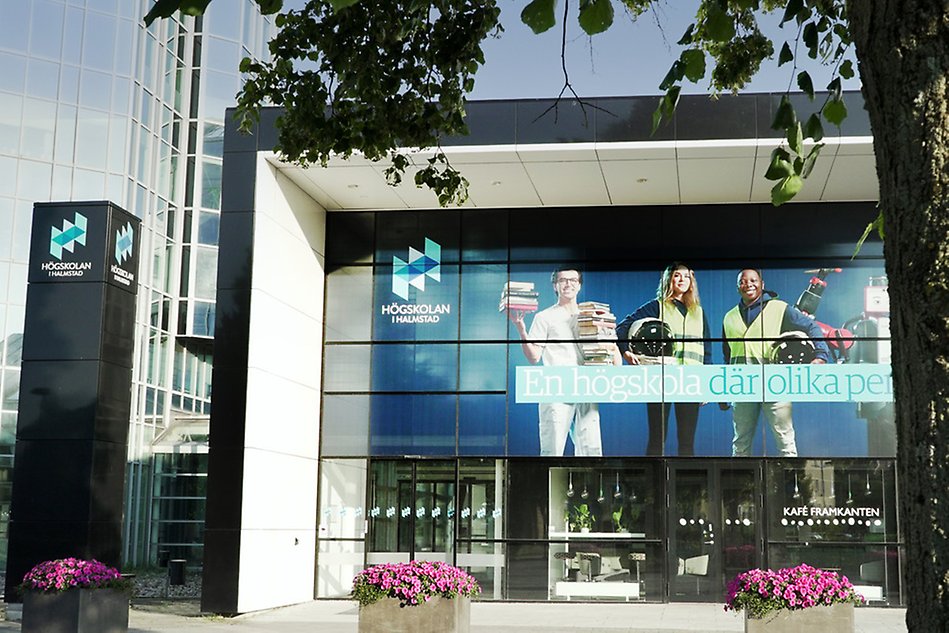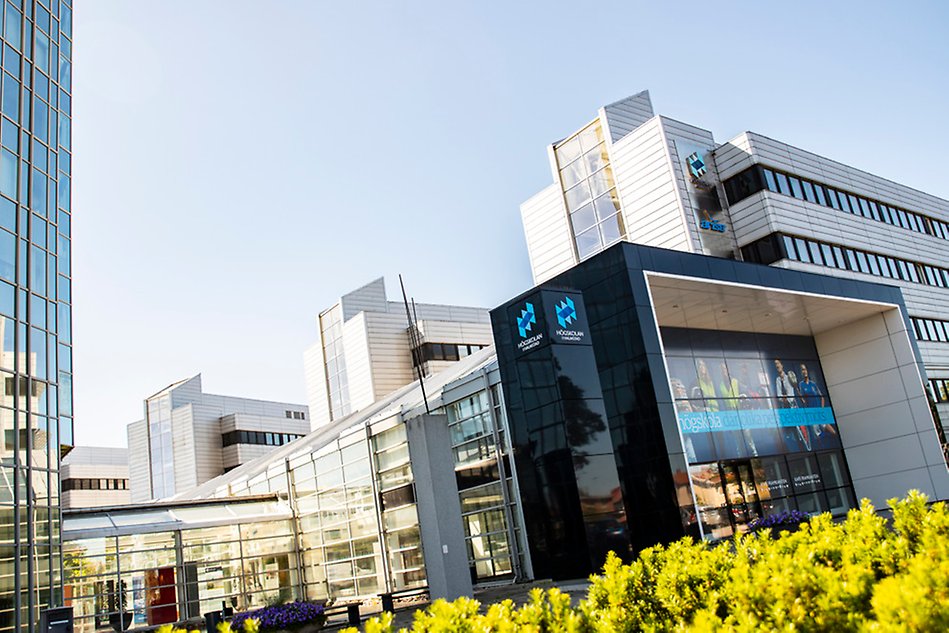LeaDS – Learning in a Digitalised Society
Digitalisation transforms our everyday life and society as a whole. Digital tools affect how citizens of all ages work, study, consume and maintain social connections. This places new demands on how teaching and learning should be organised.
The research program addresses questions about how Digitalisation changes the conditions for teaching and learning, as well as the competence of people and organisations to handle digital environments. Various methods are used to describe, analyse and understand how digitalisation affects learning at the individual, group and organizational level. Among other things,the research programme adresses how digital technology and media change processes for learning and knowledge development in society, and what consequences this development has on learning.
A starting point in the research programme is critical, ethical and sustainable development and use of information and communication technology and how it can add value to learning. LeaDS has three central themes: digitalisation and learning in school and preschool; digitalisationand learning in higher education as well as digitalisation and lifelong learning. The programme also links to the focus area Smart Cities and Communities and its area of strength The Smart Resident in Small and Medium-sized Cities.
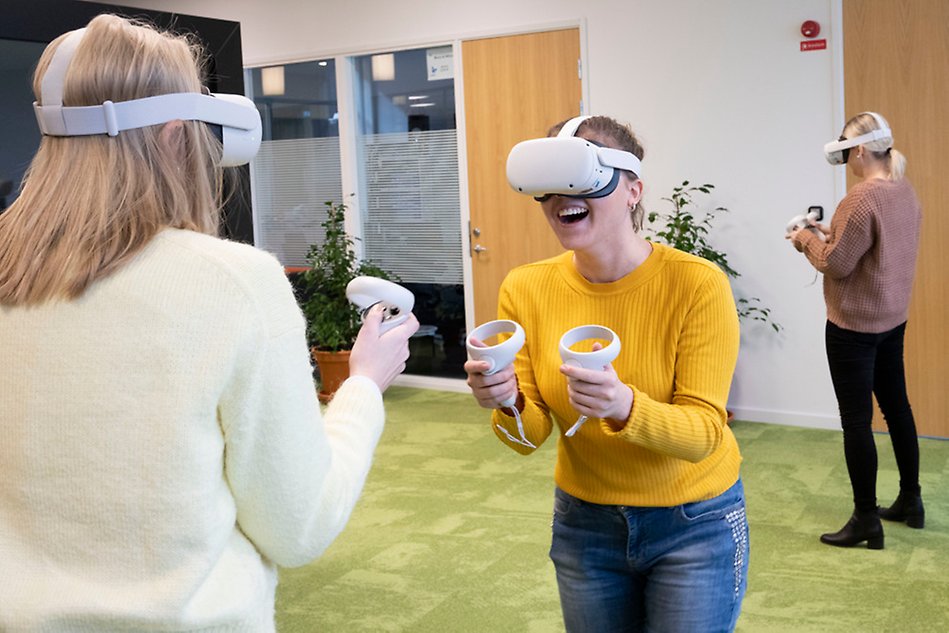
Research questions
In the programme, following broadly formulated questions are addressed:
- How is the digitalisation of society changing the conditions for teaching and learning in schools, in higher education and in workplaces (industry and public sector)?
- How can digital technology be developed and used in educational environments and in other contexts to support learning, communication, and skills development?
- What processes and skills are required to manage a digitalised school, working life and society and how can these skills be described, analysed, and understood?
- What new learning opportunities are offered through the development and use of modern digital forms of interaction and automated systems based on artificial intelligence and machine learning?
Connection to focus area
The research program addresses the challenges of the digitalised society and aligns to the European Commission ambition of digital citizens and digital societies. The program is connected to focus area of Smart Cities and Communities (SCC) and the area of strength Smart Citizens and Communities, to support society in providing knowledge and solutions for creating and upholding smart, sustainable cities. Among the six dimensions identified in the focus area for designing the various aspects of addressing Smart cities within SCC, this research program combines three in particular; ”Environment, people and living”.
Within the program, in line with the strength of the focus area SCC, we address research issues on societal challenges with an interdisciplinary approach when we focus on dimensions of ”the smart city and its inhabitants”.
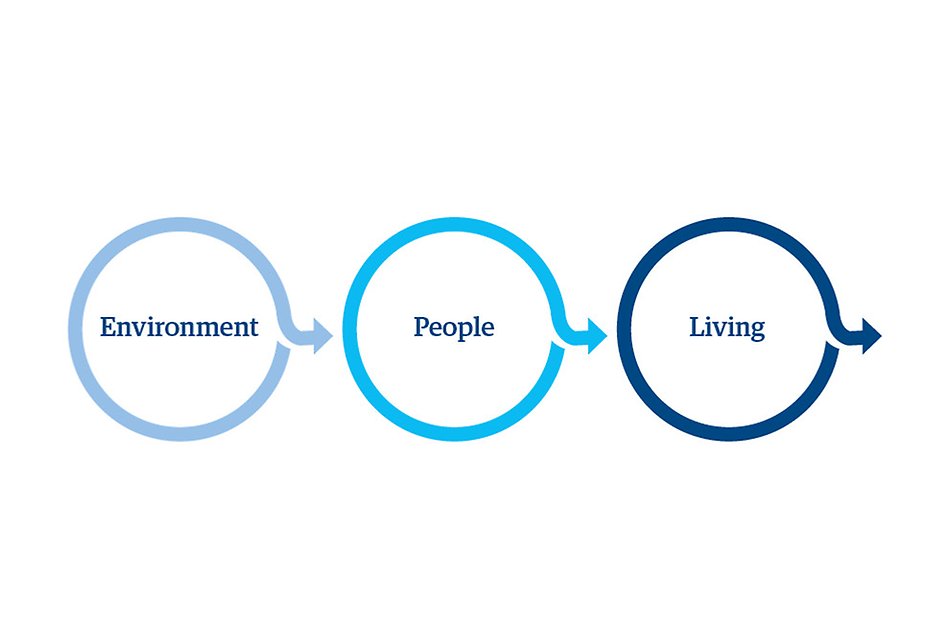
Three central themes
- Digitalisation and learning in school and preschool
Contact: Emma Edstrand - Digitalisation and learning in higher education
Contact: Jeanette Sjöberg - Digitalisation and lifelong learning
Contact: Lars-Olof Johansson
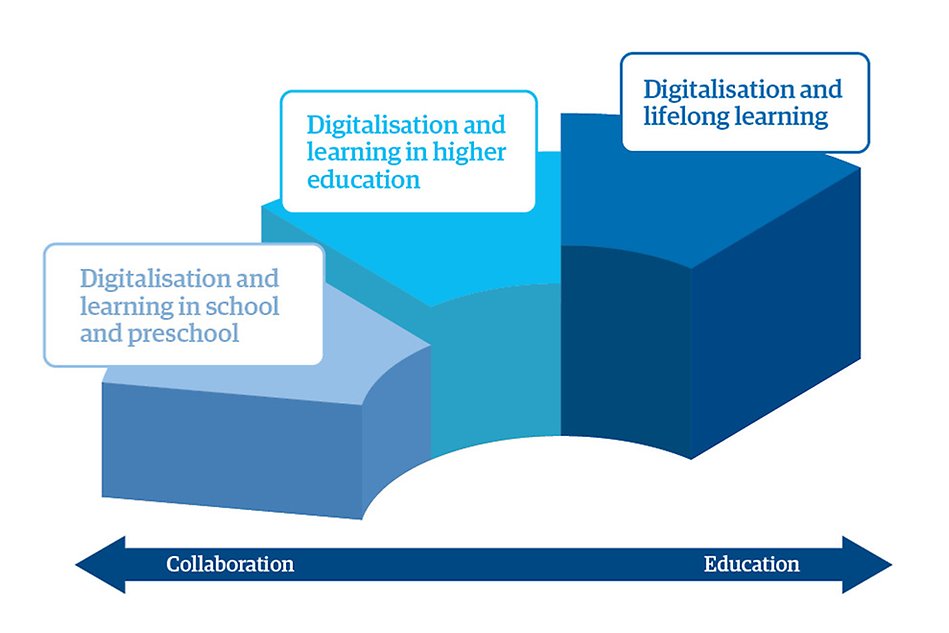
Multidisciplinary research
The research program is multidisciplinary involving scholars from all academies at Halmstad university:
- Researchers from educational sciences (including subject didactics), pedagogy, media and communication sciences and sociology have specific expertise in how digitalisation affects teaching and learning (the use and evaluation of technology).
- Researchers from informatics, computer science and engineering have specific expertise in the development of new digital technologies, about evaluating and comparing existing methods and tools.
- Researchers from innovation management have specific expertise in knowledge management (individual and digitalisation), flexible developments and enhancing learning using technology involving academic and business audiences.
- Digital transformation and ethical consequences of digitalisation.
- From information technology and robotics, researchers have also expertise in applied artificial intelligence, simulation and modelling, data mining and social robots.
What’s new?
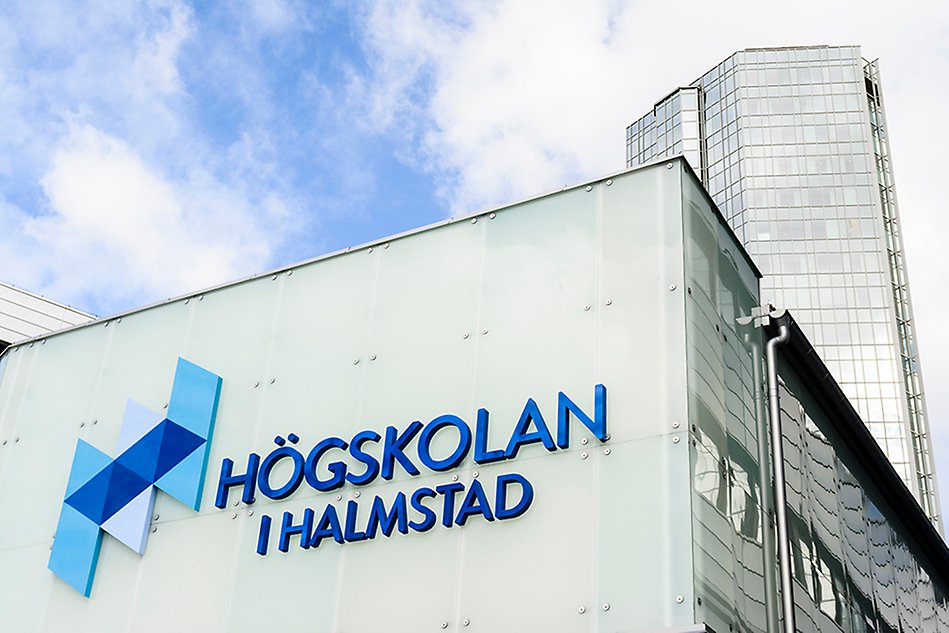

Older news
The University hosts an international symposium in digital learning
Article: Research programmes for profiling
See when the drone is sent out on the water – will find out how Nissan is doing External link.
External link.
Chronicle by Pernilla Nilsson, in the magazine Curie (in Swedish): Pandemin kräver mer än medicinsk forskning External link.
External link.
Publications
Publications in DiVA (the University's digital scientific archive) linked to the research program
Related information
Research schools
Forskarskolan UPGRADE – lärarutbildning och skolans digitalisering (in Swedish)
Nationella forskarskolan i naturvetenskapens och teknikens didaktik, FontD (in Swedish)
Collaboration arenas
Participating researchers
School of Education, Humanities and Social Sciences
- Nina Bergdahl, Associate Senior Lecturer
- Eva Brooks, Visiting Professor
- Anne-Marie Cederqvist, Associate Senior Lecturer
- Emma Edstrand, Senior Lecturer
- Ana Fuentes Martinez, Senior Lecturer
- Annika Forsler
- Anne Kjellsdotter, Associate Senior Lecturer
- Patrik Lilja, Senior Lecturer
- Pernilla Nilsson, Professor
- Sylvana Sofkova Hashemi, Visiting Professor
- Jeanette Sjöberg, Senior Lecturer
- Björn Sjödén, Senior Lecturer
- Martin Viktorelius, Associate Senior Lecturer
PhD students
School of Information Technology
- Mark Dougherty, Professor
- Carlos Nascimento Silla Junior, Professor
- Pablo Picazo-Sanchez, Assistant Senior Lecturer
- Michel Thomsen, Senior Lecturer
- Maria Åkesson, Professor
PhD students
School of Health and Welfare
- Uno Fors, Visiting Professor
- Linus Andersson, Senior Lecturer
- Ebba Sundin, Senior Lecturer
- Elenita Forsberg, Senior Lecturer
- Torbjörn Josefsson, Senior Lecturer
- Peter Karlsson, Senior Lecturer
- Maria Heintz, Assistant Senior Lecturer
- Klara Öberg, Senior Lecturer

